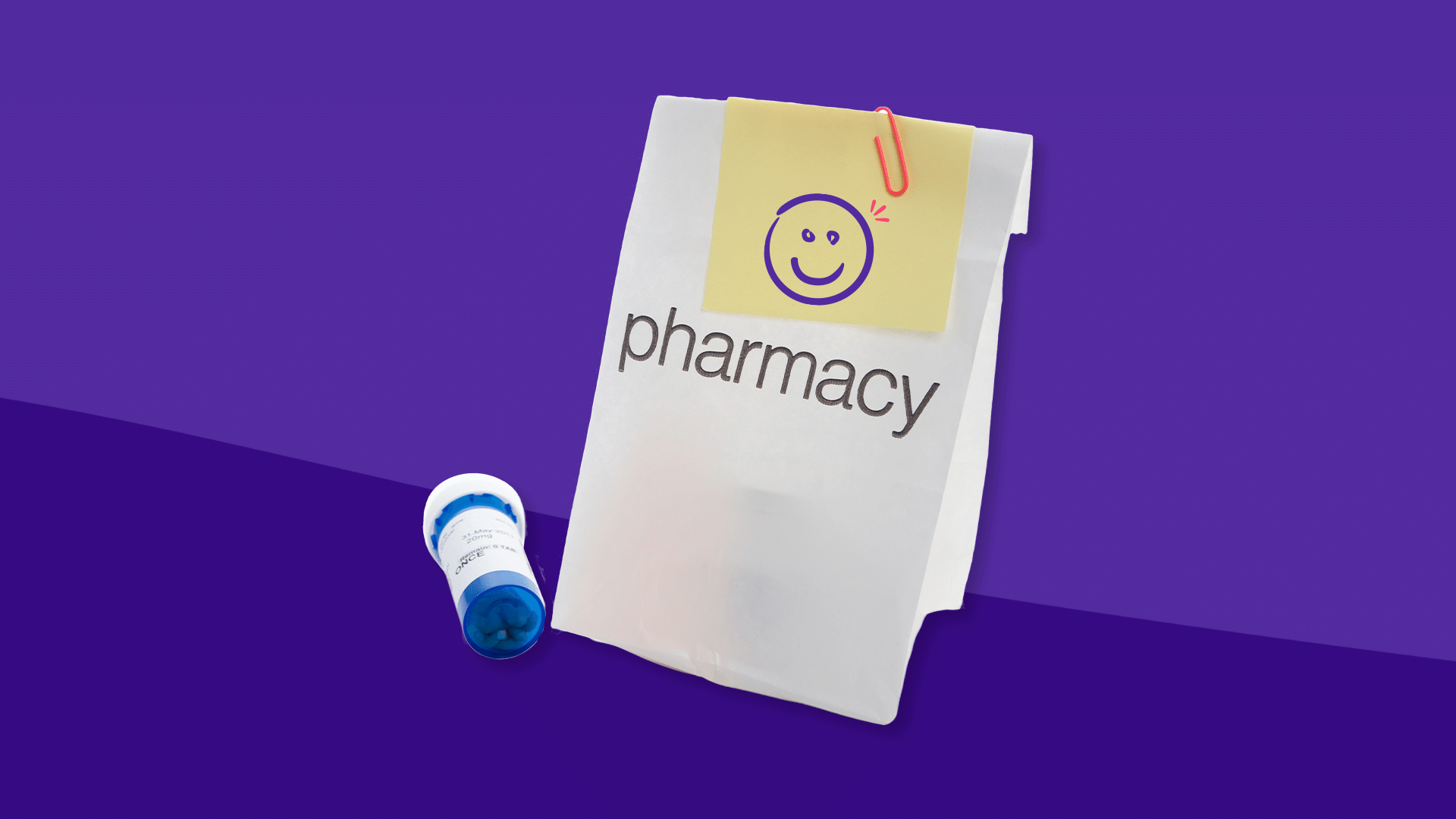Key takeaways
Pharmacy technicians can significantly enhance patient care by committing to continuous education to stay up-to-date on medications and treatments.
Language skills, such as learning Spanish or American Sign Language, enable pharmacy technicians to better communicate with and serve a diverse patient population.
Creative problem-solving, like organizing a patient’s medication schedule with stickers and an agenda, can greatly assist patients in managing their treatments.
Building personal connections with patients by engaging in small talk or showing interest in their lives can lead to more meaningful and impactful interactions.
Marie McCreight won Best Pharmacy Intern from the 2021 Best of the Best Pharmacy Awards.
From a young age, I knew I wanted to go into medicine—but as a first generation student with no exposure to the field, I wasn’t sure where to start. When exploring career options, a family friend who is a pharmacist suggested I get a job as a pharmacy technician to see what I thought of working in pharmacy. That advice changed my life.
I received my tech-in-training license at age 18, and I was hired for my first pharmacy technician job at an independent pharmacy in San Marcos, Texas. I was a tech-in-training for about six months before I passed my technician certification license, and at that point, I decided pharmacy was going to be the path for me.
I’ve been working in the field for six years now and am currently in my second year of pharmacy school at Feik School of Pharmacy in San Antonio. I also work as a compounding intern at H-E-B Pharmacy and pick up retail shifts at other H-E-B locations on the weekends.
How I go above and beyond
After years of working in different areas of pharmacy, I feel I have a unique perspective on what it means to go above and beyond: While customer service is definitely at the forefront of pharmacy, one of the best things a technician, intern, or pharmacist can do for their patients is to stay educated. One of the reasons I’m passionate about pharmacy is because I truly love to learn. Pharmacy is a constantly evolving field, so you’re committing yourself to a lifetime as a learner when you choose this career. For instance, when filling medications, if I come across a drug I haven’t seen before or am unsure of, I’ll write the name down in a notepad. Later, I can read up on it to make sure I’m up to date on what my patients are taking.
RELATED: Continuing education for pharmacists
Another passion of mine is relating to my patients, which is why I appreciate that my pharmacy school offers Spanish Certification. My mother’s family is from Mexico, and at the pharmacy where I occasionally float on weekends, I’m usually the only person who can attempt to communicate with people who speak Spanish. It’s rewarding to see how excited people get when someone makes the effort to learn their language.
I’ve also had multiple deaf or hard of hearing patients come in, and there’s no one in the pharmacy who can sign. Seeing the deaf community underrepresented in pharmacy is so unfortunate, and so I’m planning to devote my third year of pharmacy school—once I’ve completed Spanish—to taking American Sign Language courses.
Connecting with patients
The desire to relate to my patients—where they are and in the way they need—has also inspired creative problem-solving over the years. I had one patient who was so frazzled trying to remember to take all of her various medications, that she finally said, “I’m done,” and was going to stop taking them. Another pharmacy tech and I started brainstorming how we could help her. I noticed that she carried an agenda with her all the time. I’m a huge fan of labeling, organization, and stickers, so I came up with the idea of coding all of her prescriptions in her agenda with stickers. We put a sticker on each medication vial, coordinated that sticker with each time of the day in her agenda and also put a sticker on the day of the month she needed to call to refill it. It quickly became something she enjoyed.
RELATED: The complete guide to medication management for seniors
For me, it all comes down to making sure you’re good at your job. Learn more about what you can do to be better at your job. When you’re confident in your career and in yourself, you’ll become a trustworthy source of help to the community. You’ll be able to give them advice that they can rely on and you’re progressing the field by just keeping yourself well-informed. As the most easily accessible healthcare providers, pharmacists and technicians are often the only people some can turn to.
My advice: Don’t just stick with the pharmacy tech or intern script of “name and date of birth.” Ask people how their day is going; go the extra mile to make them feel heard; compliment someone’s shirt; do anything you can to break the ice. Once you’ve done that, you’ll really get to know people. I’ve been invited to weddings, graduations, and funerals even. And it all started by asking someone, “How are you doing?” I had one pharmacist tell me, “You could be the only positive interaction someone has that day.” If you choose to go above and beyond, it will have an impact.




